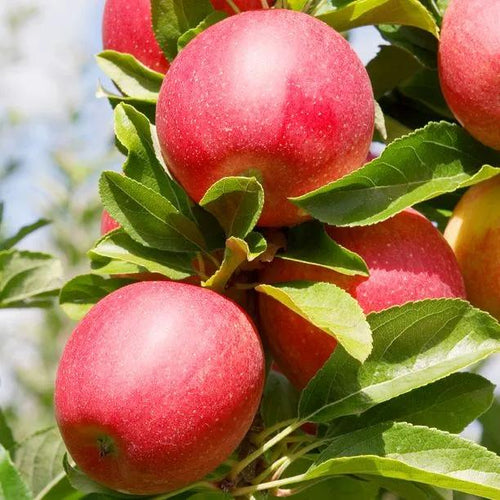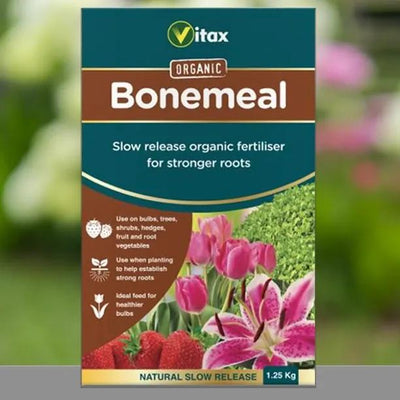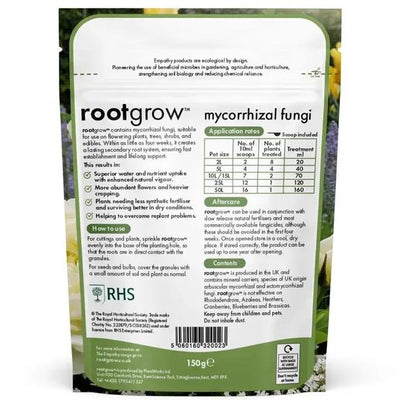
 Delivered across the UK
Delivered across the UK Which Best Plant Supplier 2025
Which Best Plant Supplier 2025 1 Year Bareroot Plant Guarantee
1 Year Bareroot Plant Guarantee
About Gala Apple Trees
Gala Apple Trees
Everyone has bought Gala apples in the shop and, as ever, a home-grown one tastes so much better that it may as well be a different variety.
The fruit refrigerate well and can be stored for a long time in controlled conditions, which is why supermarkets love them, but they lose their flavour that way. They taste best when eaten fresh off the branch and for about a week afterwards, which is then a good time to juice them.
The trees are vigorous, reliable croppers, and they have lush pink and white blossom with great nectar production for bees.
Browse our range of apple trees, or all our fruit trees.
Read our guide to buying apples.
Delivery season: Bareroot plants are delivered in late Autumn to Spring, about November-March inclusive.
Features
- Eating. Sweet, crunchy. Juices well
- Spur bearer (good for cordons & espaliers)
- Self sterile, Pollinator, Group D
- Harvest: October.
- Store & ripen in a cool, dry place: 2 to 3 months, but they're at their best for eating fresh for about a week off the branch.
Growing Gala Apples
Apples like a rich, well drained soil, and will thrive on clay in locations that do not get waterlogged in winter.
A full day of sun and shelter from the wind is ideal.
Rootstocks:
We use MM106 for Gala, the UK standard for medium-sized trees, ideal for gardeners. Grown as a half-standard, MM106 gives a tree about 4 metres tall, and as a bush about 3 metres. MM106 maidens are suitable for cordons and espaliers.
Disease notes:
Some susceptibility to scab, so rake up leaves in Autumn.
Pollination Partners for Gala
Your trees are self sterile and their flowers must be pollinated to make fruit.
Gala is in Pollination Group D, which cross-pollinates with other apple trees in Groups C, D and E.
Use our Fruit Pollination Checker to quickly find pollination partners, or Apple Tree Pollination Guide to learn more.













 Secure, One-Tap Checkout
Secure, One-Tap Checkout
 Hand Picked, Delivered to Your Door!
Hand Picked, Delivered to Your Door! 1 Year Bareroot Guarantee
1 Year Bareroot Guarantee









